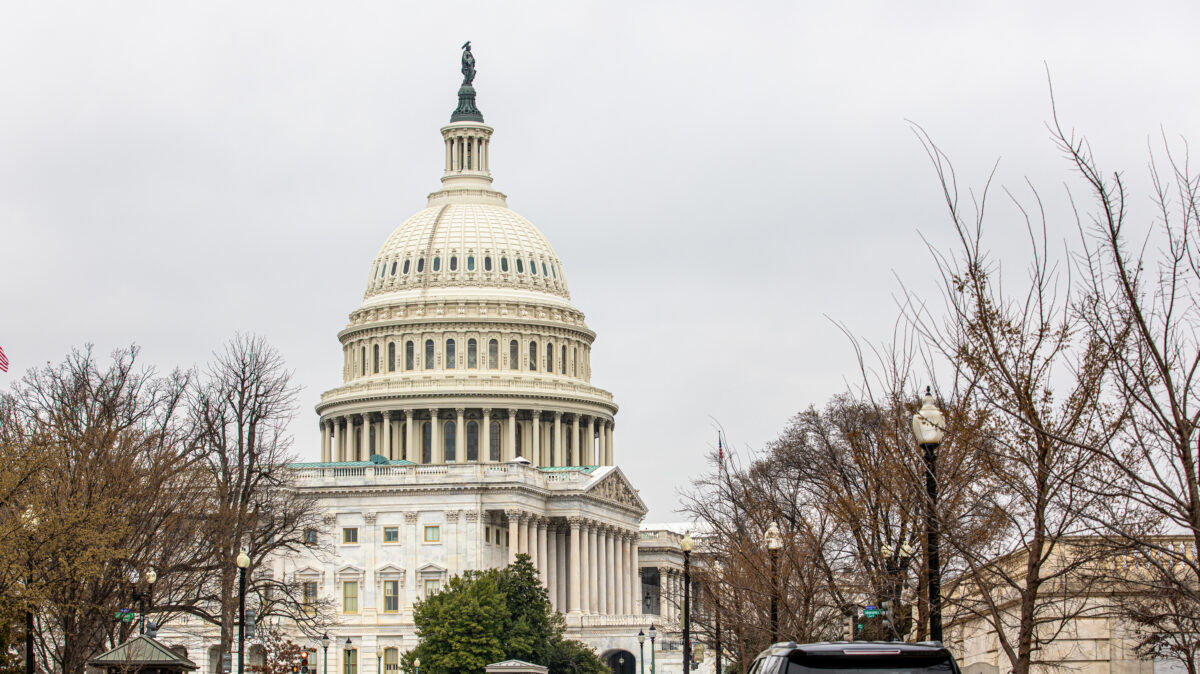Tax Reform is Top of Mind for Farmers
TOPICS
TaxesZippy Duvall
President

photo credit: AFBF Photo, Philip Gerlach
Zippy Duvall
President
The 2021 legislative session is well under way for members of Congress, from considering the presidential nominations to settling into new committee and leadership positions. Lawmakers on both sides of the aisle are outlining their policy priorities and getting to work on making those priorities into law. Our team here in Washington, D.C., is tracking all these issues closely and working to ensure that priorities for U.S. agriculture remain front and center.
One policy that has already emerged as a hot topic for the 117th Congress is tax reform. In fact, our policy experts expect several important pieces of tax reform legislation to be introduced very soon, and we’ll keep everyone posted as soon as there’s more news.
For America’s farms and ranches to continue their important role in absorbing carbon and conserving green space, they must first be able to stay in business.
Estate tax reform is a big one being discussed, as it threatens the economic sustainability of America’s family farms. Sustainability is one of the main conversations taking place in agriculture right now, and while it often refers to environmental sustainability, it is important we don’t overlook economic sustainability. For America’s farms and ranches to continue their important role in absorbing carbon and conserving green space, they must first be able to stay in business.
AFBF economists crunched the numbers, and farm business revenue does not keep up with increasing land values. Nearly half of all farmland in America is at risk of increased liquidation pressure caused by overwhelming tax burdens. As a result, it’s difficult for farmers to pass their family business down to the next generation who desire to follow in the footsteps of their parents, grandparents, aunts and uncles.
As it is, less than 2% of our population is directly engaged in growing the agricultural products that feed, clothe and power not just the United States but the world. At a time when farm bankruptcies are the third-highest they’ve been in a decade, we should all do what we can to reduce barriers for those just starting out, or wanting to get started, in agriculture.
Great strides have been made in recent years toward helping our farmers and ranchers find relief in the tax code, including the 2017 Tax Cuts and Jobs Act, which AFBF supported. But Congress needs to build on that momentum to make long-lasting, real change to our tax code in order to provide both relief and stability. Even making some temporary provisions from the Tax Cuts and Jobs Act permanent would be a great first step, as many of the important provisions in that legislation will expire after 2025.
Other steps toward meaningful tax reform that would give farmers a fairer shake include reducing the capital gains tax, which impacts farmers at a disproportionate rate, and making permanent several temporary tax credit provisions for biodiesel and other renewable energy sources.
Every dollar counts on the farm, and farmers and ranchers need to plan their finances carefully to make it from one season to the next. Not knowing what their tax burden will be adds to the uncertainty which is all too familiar in farming. From unpredictable weather patterns and changing political climates to the COVID-19 pandemic, farmers and ranchers never know what is around the bend. It is beyond time to ensure they find certainty and stability in the tax code.
Zippy Duvall
President
Vincent “Zippy” Duvall, a poultry, cattle and hay producer from Greene County, Georgia, is the 12th president of the American Farm Bureau Federation.
Trending Topics
VIEW ALL